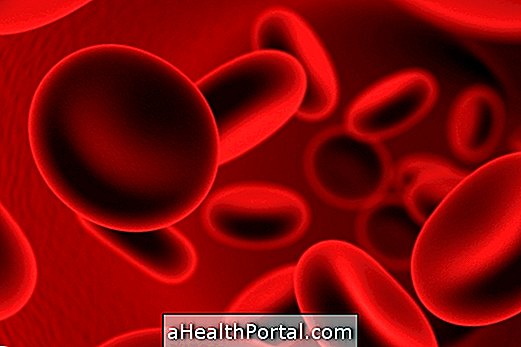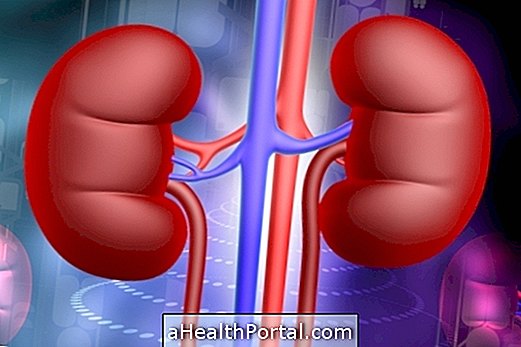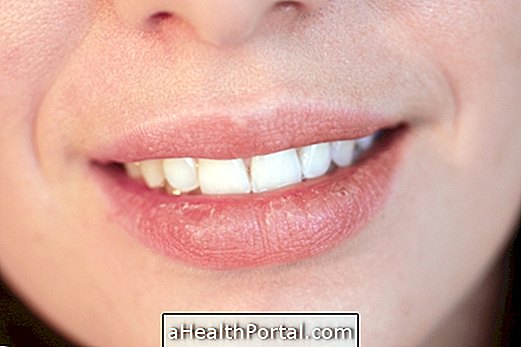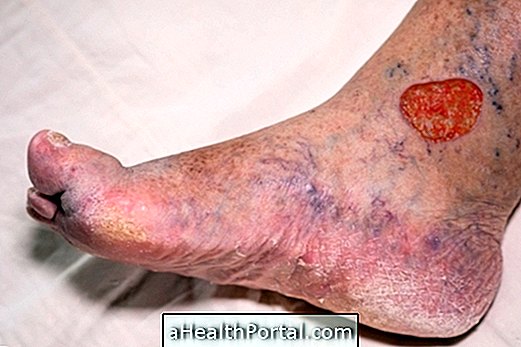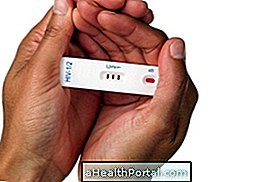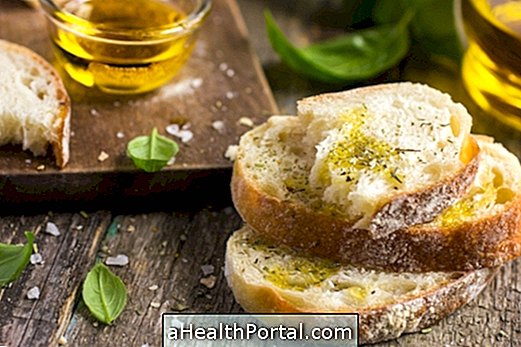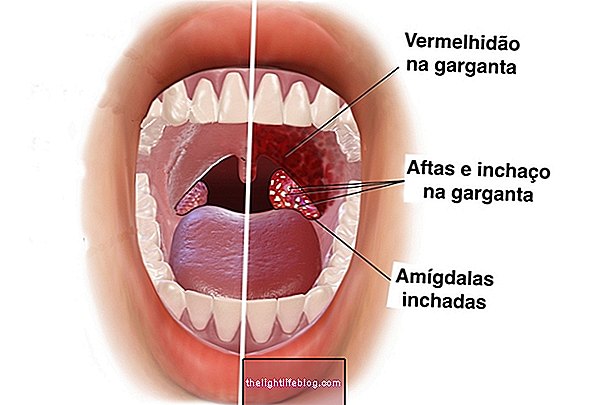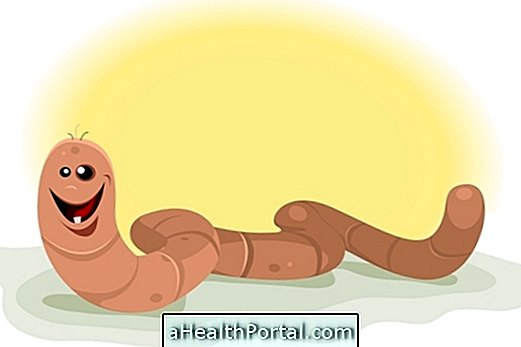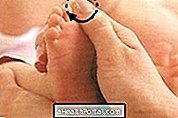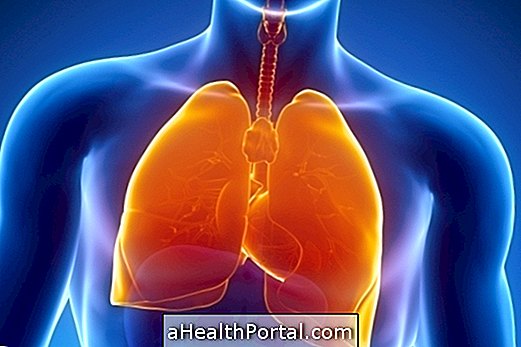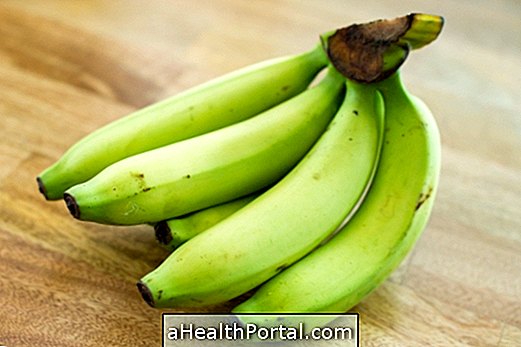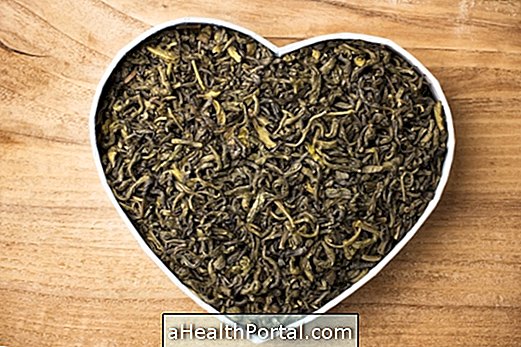Colchicine is an anti-inflammatory drug used to treat or prevent acute attacks of gout, according to the medical indication.
This medicine can be bought in pharmacies, by prescription, for a price ranging from 20 to 60 reais, depending on the dosage and the size of the medicine package.

What is it for
Colchicine is a medicine used to treat acute attacks of gout and to prevent acute attacks in people with chronic gouty arthritis.
In addition, therapy with this drug may be initiated in Peyronie's disease, Familial Mediterranean Fever and in cases of scleroderma, polyarthritis associated with sarcoidosis and psoriasis. See what the Family Fever in the Mediterranean is all about.
How to use
1. Antigotoso
For prevention of gout attacks, the recommended dose is 1 tablet of 0.5 mg, one to three times daily, orally. Patients with gout who undergo surgery should take 1 tablet three times a day, every 8 hours, orally, 3 days before and 3 days after surgery.
For relief of acute attack, the starting dose should be 0.5 mg to 1.5 mg followed by 1 tablet at 1 hour intervals or 2 hours until pain relief occurs or nausea, vomiting, or diarrhea.
Chronic patients may continue treatment with a maintenance dose of 2 tablets a day, every 12 hours, for up to 3 months at the discretion of the physician.
The maximum dose achieved should not exceed 7 mg daily.
2. Peyronie's disease
Treatment should be started at 0.5 mg to 1.0 mg per day given as one to two doses and may be increased to 2 mg per day given in two to three doses.
Who should not use
This medicine should not be used in people with an allergy to any of the ingredients in the formula, people with severe gastrointestinal, liver, kidney or heart disease.
In addition, it should also not be used in children, pregnant women or women who are breast-feeding.
Possible side effects
The most common side effects that can occur with the use of this medication are diarrhea, vomiting and nausea, fatigue, headache, gout, cramps, abdominal pain and pain in the larynx and pharynx.
In addition, although rare, hair loss, spinal cord depression, dermatitis, clotting and liver changes, allergic reactions, increased creatine phosphokinase, lactose intolerance, muscle pain, reduced sperm count, purpura, destruction of muscle cells and toxic neuromuscular disease.

